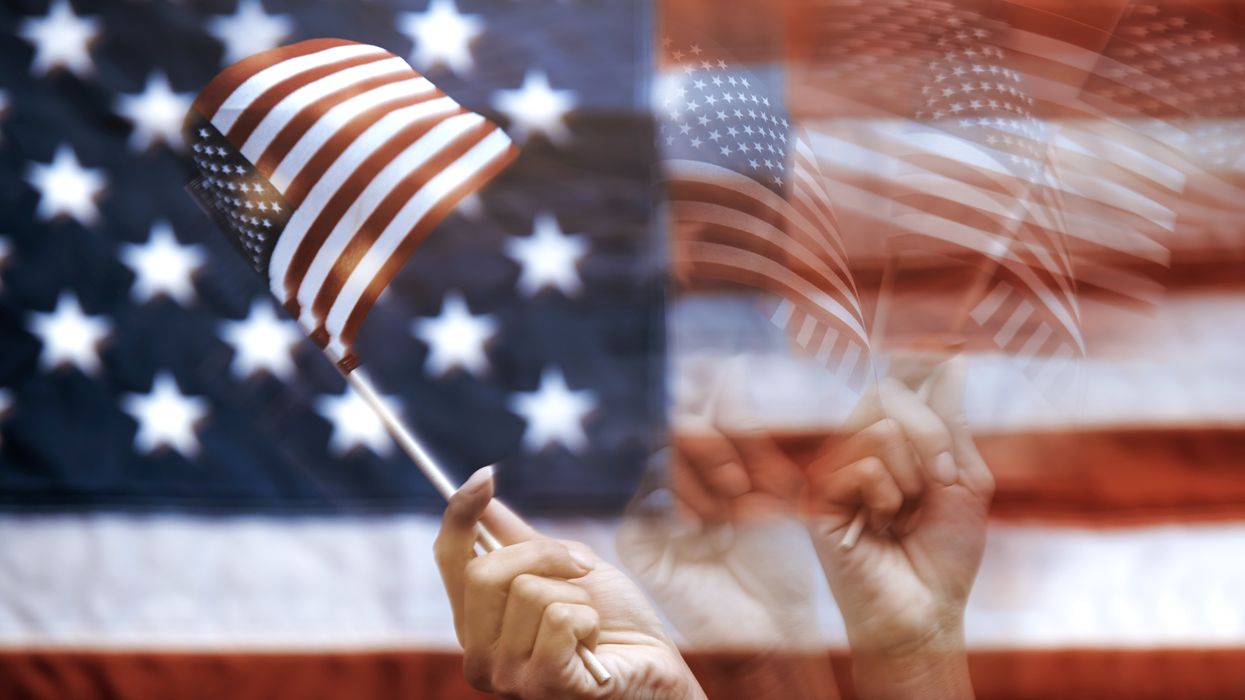Chaleff is a speaker, innovative thinker and the author of “ To Stop a Tyrant: The Power of Political Followers to Make or Brake a Toxic Leader.” This is the fourth entry in a series on political followership.
The presidential debate has come and gone. The sittingAmerican president is rattling the saber of long-range weapons for Ukraine. The sitting Russian dictator is expelling the West’s diplomatic staff. The outgoing president of Mexico has pulled off the largest-ever change of a judicial system in a substantial democracy. The prime minister of Israel defies the populace by continuing to use bludgeons to free hostages who increasingly are freed post-mortem. The presumed winner of the presidential election in Venezuela has fled the country.
This was last week. When did politics become so consequential?
Answer: It always has been.
In each of these cases an individual who has managed to make themselves the leader of their polity through outplaying rivals in the political game is now impacting millions of lives. What of their followers? Remember, there are no leaders without followers.
In my book, “To Stop a Tyrant,” I focus on the followers while everyone else is focusing on the leaders. What do followers want? Why do they follow?
As always, the elite (who hate to view themselves as followers) act from the hubris that they can elevate and control the political leader. They do a pretty good job of this until they miscalculate, allow the leader to accrue too much power and find themselves the ones at the end of the puppet strings.
Members of the inner circle, practically drunk on the power of being able to influence the putative leader, outsmart and outmaneuver each other until the leader loses confidence in them and turns to other, more questionable confidants. Woe to the leader whose confidants stroke their fragile egos.
The vast army of bureaucrats sit warily on the sidelines, wondering who they will be answering to, calculating how much they can use the newly installed power to their advantage, or how much they can thwart threatened incursions on their well- guarded turf.
Meanwhile, the activists act. Paid or unpaid, that’s their job. More importantly, that’s their passion. Some paint their chosen person as the savior and some paint them as the destroyer of worlds.
You, dear citizen, will need to sort out which scenario is more credible.
If I were king, my one decree would be that all young people in a democracy study historic examples of how democracies die. How ruthless leaders have been elevated by people like themselves in the belief they were the answer to the country’s woes. How they missed the warning signs until it was too late and the leader had full control of the coercive power of the state. They would play simulations. Experiment with choices. See the outcomes. And prepare themselves to meet the temptations of their own era with a clear mind.
In my book, I use the term “prototyrant” to describe the political leader with the characteristics who, given the chance, can morph into a full blown tyrant. I asked a friend of mine who supports a candidate with too many of these characteristics why he is not worried about them achieving office. His answer seemed simple. The military in our country would never go along with a dictator. It sounded good. I want to believe the same thing.
Yet, the belief is almost childlike. History offers no proof that this would be the outcome. If it were, the result would just as likely be civil war or chaos. The time to interrupt the progression of a prototyrant is before they control the coercive levers of the state. If they have fooled us into giving them access to the levers, slam the brakes hard as soon as they begin to misuse those levers.
No prototyrant gets better when in power.
“Power tends to corrupt. Absolute power corrupts absolutely.” We were told that in 1907 when it was published in a collection of Lord Acton’s letters and essays. It seems a hundred years hasn’t been enough time for us to digest this crucial observation.
I have examined the rare instances when enough individuals in the five circles of political followers work together to stop a prototyrant while they can. It may be time to consider these examples and do a bit of make-up study for the class we never took on how to keep democracies alive.




















Trump & Hegseth gave Mark Kelly a huge 2028 gift